Test
November 24, 2017 | Uncategorized | 3 comments
There have been some scary stories in the news recently about appliance fires. It’s no secret that the tragic Grenfell Tower fire was started by a fridge. Other appliances, like tumble dryers, ovens and electric heaters, can also start blazes. It can get you thinking, are your appliances safe?
Now you don’t need to live in fear. Appliance fires are rare, but it’s still good to know how to minimise the risks. Here’s our advice to help keep you all out of harm’s way.

Keep up with the news
Any big fire will make it into the headlines and if it’s an appliance that’s started the blaze this could be down to a fault. Keep an eye on these stories and follow the advice given.
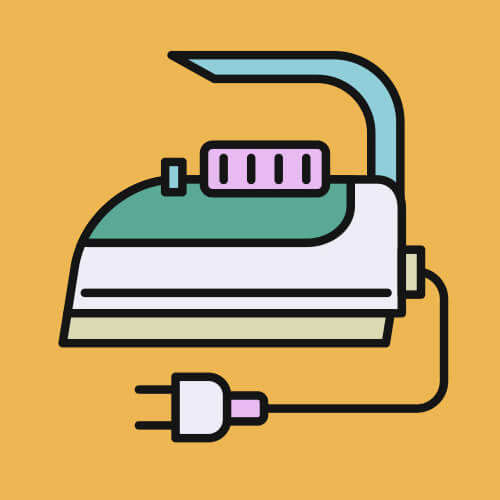
Check for product recalls
The government lets consumers know of any big recalls. This is good; we like to be kept in the loop. Manufacturers also have information on their sites about any faults with their products.

Register your appliance
All that checking is time-consuming though. We get it. So another way to be kept abreast of faults is to register your appliances with the manufacturers so they can contact you instead.

Keep your appliances clean
Blocked lawnmower air vents can cause motor overheating, excess tumble dryer lint can ignite if it touches the heating element and excess grease in your oven can set alight. Cleaner = safer.
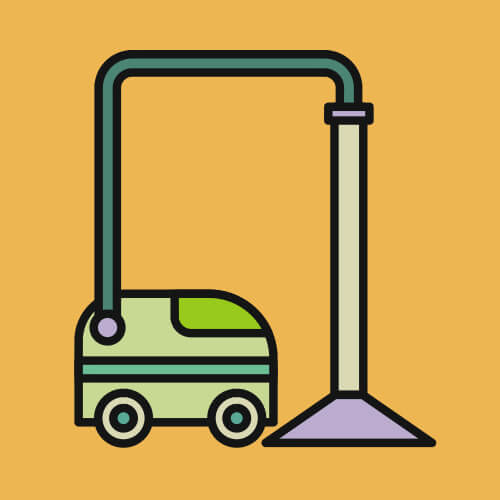
Turn off your appliances
When you’re not using your machines switch them off. Unplugging rechargeable vacuums, phones and laptops is also better for their batteries and your electricity bill!
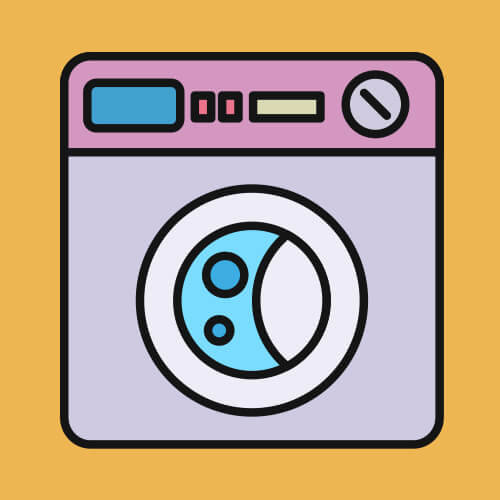
Run appliances when you’re home
It’s a smart move to keep an eye on your appliances. If you schedule them to run while you’re out or peacefully snoozing away in bed a fire could break out without you noticing.

Look out for warning signs
Unexplained sparks, visibly loose wires or burn marks around the plug or socket are all visual indicators that something’s not right and your machine is unsafe. Time to investigate!
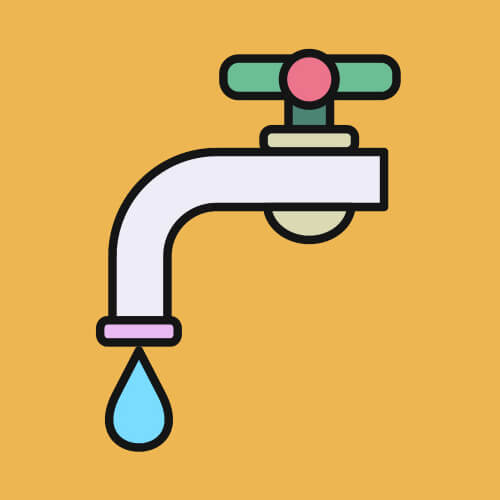
Wipe up spills and puddles
Water and electrics are not a happy pairing. Mop up any liquids that could get into the electrical parts of your appliances post haste and use your hairdryer to gently dry them out.

Plan out your exit route
Mentally map out a way to get out of your home without having to pass your appliances just in case. Then in the panic of an emergency, you’ll already know what to do.
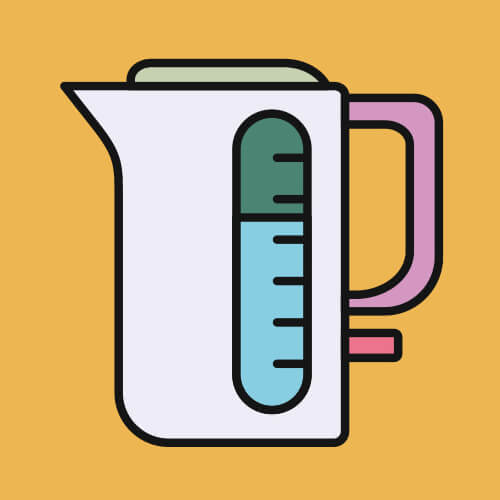
Don’t overfill your appliances
Overloading your appliances can cause them to overheat – sometimes dangerously so! Stick to the limitations laid out in manuals and don’t overload plug sockets.
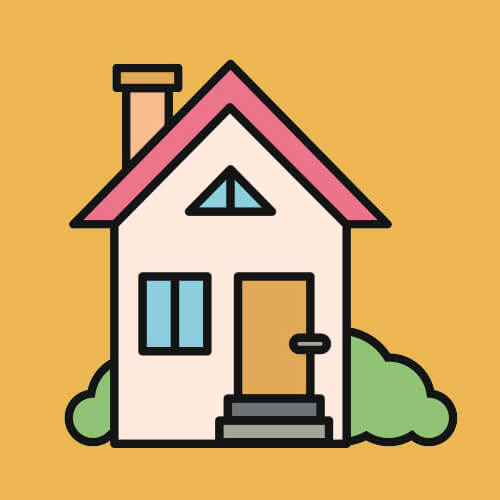
Keep heaters uncovered
Drying towels on your electric heater is a big no-no. Keep your heating appliances uncovered and keep soft furnishing a safe distance away from them too.
We don’t want to be bringers of doom and gloom by going on about appliance fires, but as the saying goes better safe than sorry! We want you all to stay safe at home. On that note, here’s some more info that it’s important to know about if you have gas appliances.

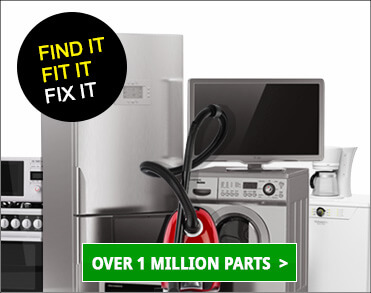
3 Comments
ahipperson
on July 14, 2020 at 12:11 pm -
Wonderful advice, thanks eSpares! (real comment test)
ahipperson
on July 21, 2020 at 1:30 pm -
a
msablo
on January 5, 2022 at 1:12 pm -
test